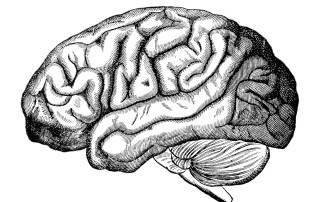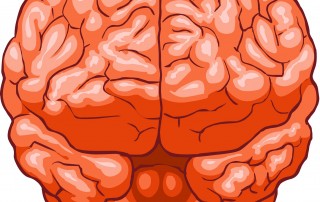Fight, Flight and … Freeze? Most people have heard of the “fight or flight” response. It is the body’s naturally hard-wired way of dealing with threats to one’s safety. I have written about it before, a few times, so I won’t go into it again but today I’m going to mention the third part of this response: freeze. In nature, animals typically go to flight first, since they are free of ego and have nothing to prove, only to enhance their own chances of survival. If they can’t go to flight and escape danger, they will go to fight, posturing and growling in hopes of scaring off the threat. If this fails, they will actually engage in aggressive behavior, albeit defensive aggression. Once these two options are unsuccessful, or if they are unavailable, most species have a form of reflexive behavior that could be termed “playing dead”. Playing Dead Emotionally Since most of the threats people face in our neck of the woods are social or emotional (although many do face actual physical threats in many forms), the freeze response may look a bit different than it does for a possum or cat. In our case, we tend to play […]
Validating Your Brain: The Epic Conclusion
Click here for part 1 and part 2 Up to this point, my last two posts have tried to demonstrate a few key realizations: The brain is working primarily on an unconscious level. Because of this, we are rarely as aware of what we are doing and why as we would like to believe. The brain is well-intentioned and is trying to accomplish its sole purpose, surviving the moment. Because it is focused on surviving the moment, it will make decisions that favour short-term benefits EVERY SINGLE TIME, unless we override it. Because the brain operates primarily on the level of our unconscious, it usually communicates with our conscious brain indirectly. Often, it is trying to get our attention and we are not listening to it, which leads to the perpetuation of problem behaviors, thoughts, and feelings. If we learn to really listen to our brain, it will tell us everything we need to know. The final piece of this trilogy will attempt to focus on the final point I’ve listed above. Specifically, I’m going to be demonstrating how working together with your brain, instead of fighting against it, is the surest way to mental health and a better experience […]








Recent Comments